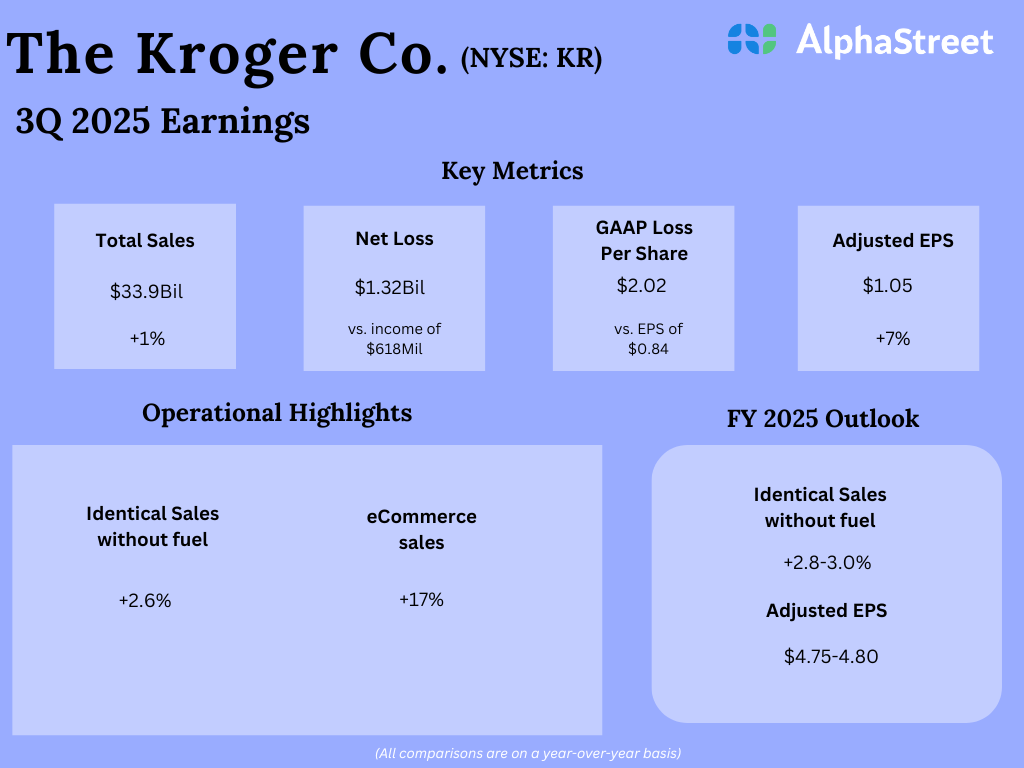There certainly is no shortage of leadership-based programming for students to pursue in higher education. The emphasis on managerial methods and the expansion of course curriculum on executive development, however, may result in some students thinking they can run before knowing how to walk.
Although today’s college students are more educated than previous generations, they also have less work experience than their peers of the past. To remedy this, business schools should place a greater emphasis on developing what it takes to be a productive employee, rather than just the person in charge.
Students won’t start out as managers, and not all managers are business school graduates. Management studies came about in the early 1900s as a means to determine how best to structure an organization and supervise its staff. As manufacturing plants and industrial sites gave rise to bulging businesses, authoritative and rule-based methods were put in place and academics took an interest in workplace dynamics.
Over time, the command and control style of management waned as the United States transitioned to becoming a knowledge-based economy, and business education shifted to the promotion of connection and collaboration within the workplace.
As such, today’s business students learn why managers should encourage employee engagement and establish empowerment opportunities, rather than just provide oversight – and herein lies the problem. Undergraduates pursuing management and leadership degrees may feel disenchanted when joining the workforce in an entry-level position, with limited ability to put their studies into practice right away.
Moreover, recent graduates might also have a heightened sense of what their supervisor may be doing wrong, particularly if their supervisor is not well-versed in the tactics and techniques currently taught in college classrooms. This is disconcerting, given that a lack of trust or respect for managers leads to lower levels of productivity, which not only impacts performance but also employee morale.
This is not to say that leadership strategies and management theory shouldn’t be taught, but basic business acumen seems to be what is most needed right now, particularly since the quiet-quitting trend is catching on and a skills gap is proving to be persistent.
Students need to develop their skills and stamina if they want to have success.
Work experience for those entering college is in decline, as the rise of extracurriculars replaced the part-time work, and more recently pandemic policies hampered such opportunities.
Working while young plays an important role in a teenager’s life, not primarily for earning extra income, but for exercising soft skills early on. Soft skills are human-centric competencies that are best developed over time through real-world, hands-on experience. In particular, competencies related to creativity, critical thinking, and decision-making, along with collaboration and communication, are of great interest for employers looking to acquire talent. A lack thereof is truly troubling.
In a survey conducted by PricewaterhouseCoopers, 79 percent of CEOs worldwide believed poor preparation to be worrisome, while another survey, administered by the Society for Human Resource Management (SHRM), revealed that the ability to deal with ambiguity, communicate effectively, and harness creativity were also lacking for younger cohorts of workers. Both these surveys were conducted in 2019, prior to the pandemic, and the skills-gap has since expanded beyond workplace concerns to concerns about simply being an adult.
Businesses are facing not just poor preparation for the workforce, but also a cultural shift in sentiments regarding work.
According to ResumeBuilder.com, “26 percent of workers admit they do the bare minimum or less” and the term quiet-quitting is gaining traction in reference to the rejection of hustling at work. Kevin O’Leary, aka Mr. Wonderful, however, has recently called attention to why this is simply a bad idea.
Companies need to do all they can to motivate and engage their employee base – from appointing Chief Happiness Officers, to installing employee satisfaction software, to shouldering the costs of upskilling and reskilling through learning and development programming..
Organizational leaders must make some tough decisions in relation to worker autonomy and accountability and adjust their operations to adhere to the changing landscape of workplace relationships and expectations. And if businesses are doing their part, then so should universities.
More effort should be directed toward equipping students from the start with the skill sets that are needed most, in addition to theories of managerial practices. It also seems that the value of good old fashioned work ethic should, if it can, be taught.
Clearly, the business realm is ever-evolving and this is why management strategies, as well as educational instruction, must change accordingly.








































